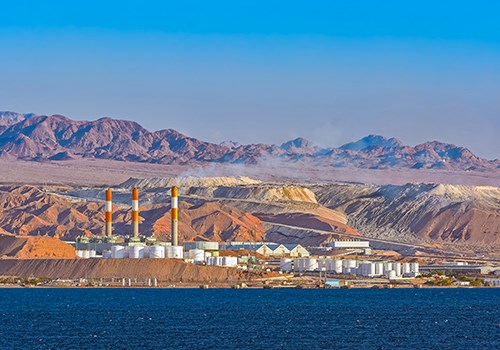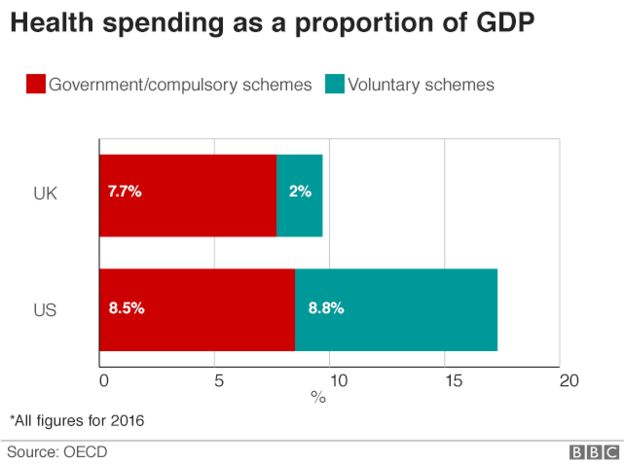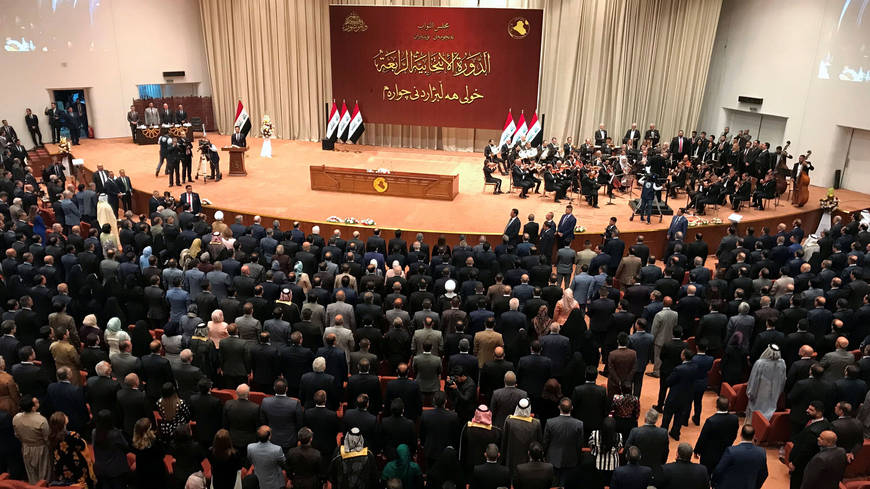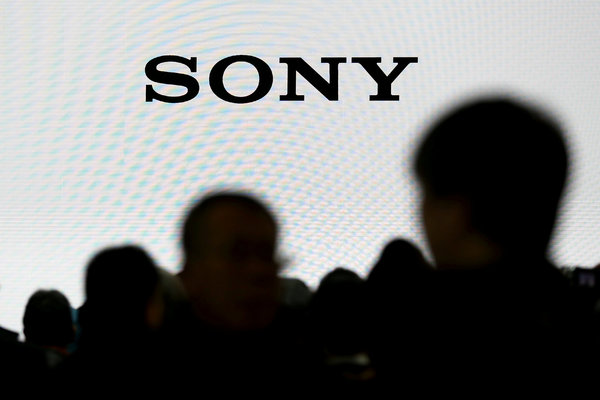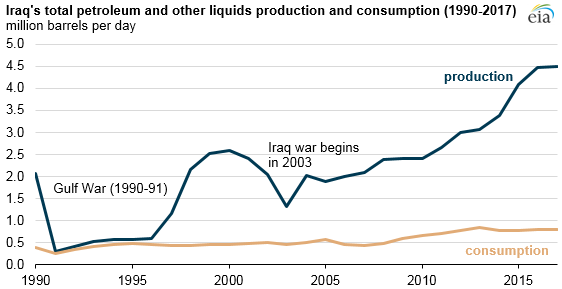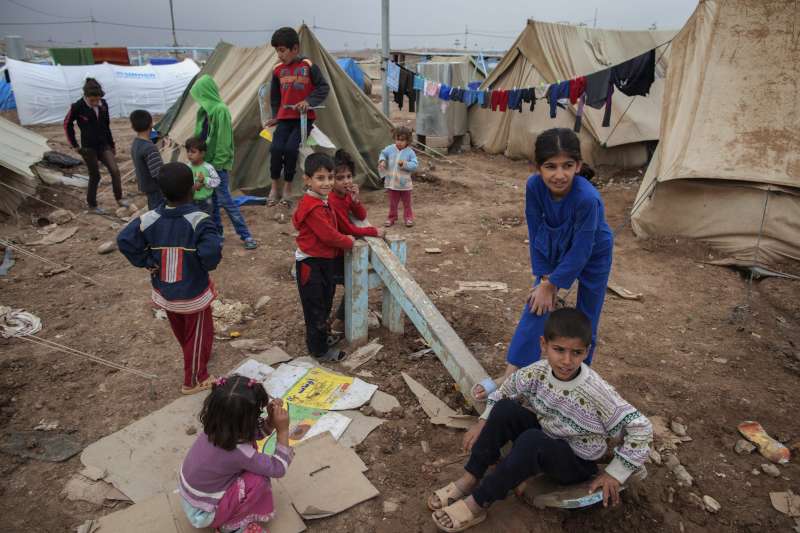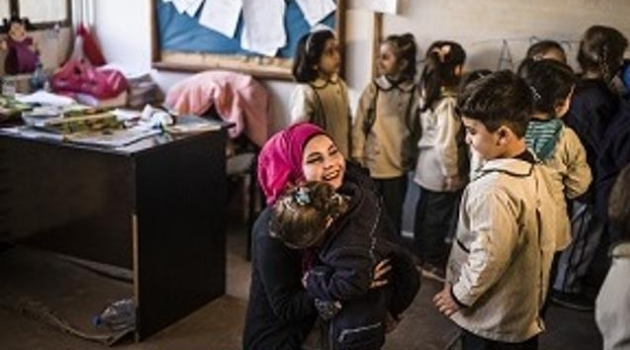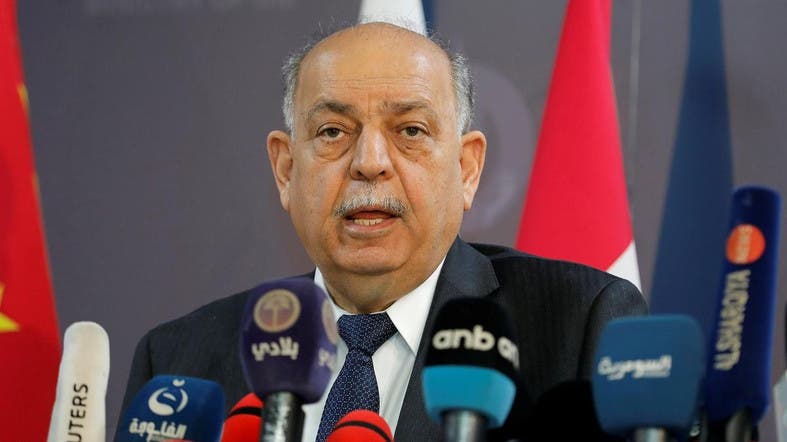By Ahmed Mousa Jiyad.
Any opinions expressed are those of the authors, and do not necessarily reflect the views of Iraq Business News.
SOMO Discloses Data on its Spot Sales[1]
In an unprecedented move, SOMO and the Ministry of Oil-MoO disclosed recently detailed data on quantities and revenues of crude oil sold directly through “electronic auction” or “spot trading” to named international oil buyers-IOBs; this occurs after more than 20 months of my constant personal follow-up and communications on the issue.
The disclosure shows that during the period between the start of June 2017 and end of May 2019 total spot sales reached more than 76.4 million barrels-mbs, generating total revenues of more than $4.5 billion, including additional/extra revenues (due to premium over official selling price-OSP) of more than $59.6 million.
Undoubtedly, the background and details of this disclosure testify the importance of this development and render it as valuable precedent that must be commended and maintained, but with improved formalized modality.
Data analysis indicates, on the one hand, the increasing importance of this type of spot trading in generating “additional revenues”; but on the other hand, such temptations of additional short-term gains could lead to negative impact on SOMO’s strategic and marketing positioning in the medium and long terms, which could cause significant erosion in future oil exports and revenues.
Therefore, in the light of the analysis, it was suggested to the concerned authorities to seriously explore the feasibility of establishing an electronic platform for spot sales, within SOMO (SOMO-Spot), which works exclusively in spot sales of the Iraqi crude oil under terms, conditions and mechanisms that adhere strictly to three principles: competitiveness, transparency (of structural-operational governance) and efficiency.
Due to the importance of the topic, this article includes a brief background of the issue; reviews details of the data provided by SOMO; provides some analytical notes and finally proposes a special platform for the sale of Iraqi oil under competitive transparent spot trading modality.
Highlighting and Follow-up Spot Sales Issue- a brief history
I have dealt with this subject in detail using statistics and official data and I had direct contacts with SOMO on the matter. Also I shared my writings (in Arabic and English) within my extended professional network, which comprises a very large number (over 2000) of senior government officials, current and former ministers and parliamentarians, specialists, academics, research centers, civil society organizations, media, oil companies among others. Moreover, my contributions have been, and are usually, posted on many websites, others’ networks and social media channels inside and outside of Iraq.
I raised the issue for the first time at the beginning of September 2017[2]. Then I received a request from the Ministry of Oil to make a presentation on the subject (in addition to my other two papers that were already accepted by the Conference Committee) before the “Iraqi Investment Conference” scheduled, then, to be held in Baghdad on 22-23 October of that year.[3] The conference was not held as it was abruptly canceled under the directives of former Oil Minister, Jabbar Luaibi, without giving reasons (according to official correspondence I received from the Conference’ Preparatory Committee dated 26 October 2017).
The cancellation of the above-mentioned conference seemed to have prompted SOMO to act; they immediately sent official letter inviting me to Baghdad to discuss, with its leadership and senior specialists, what I wrote on the subject. But, for several reasons, I was unable to go and, alternatively, I proposed holding the meeting through Skype facilities. That was done on 12 December 2017, and the session lasted for three hours with spot trading was at the center of the discussed topics, and my emphases on the necessity of providing more details on this new activity by SOMO.[4]
Instead of providing more data and details on spot sales, the Ministry suddenly terminated the publication of the only data, i.e. total revenues from spot sales, in its monthly production and consumption report, from January 2018 onwards (again during Jabbar Luaibi period!!).
That termination and non-action by SOMO prompted me to raise the matter again. That was done through my article of 21 March 2019, which it called on the Ministry and SOMO to provide explanation about these spot sales and their related revenues.[5]
Immediately afterwards, on 23 March, I received a detailed formal letter signed by SOMO’ DG. But that letter did not provide material evidence and did not provide enough or convincing answers to the questions rose in my article. I, on the same day, prepared and posted detailed letter to SOMO’s DG stating exactly what information SOMO was supposed to do for clarifying the status of those sales.
It is worth mentioning in this juncture that the Ministry posted on its website on 25 March a selected “part” of the letter that was sent to me (referred to above) by SOMO.[6]
It took SOMO three months to prepare detailed data on the subject and both SOMO and the Ministry finally yielded by posting the data on their websites on June 23.
SOMO data and what it comprises
The data was prepared by SOMO’s Commercial Financial Commission– CFC and were presented through four tables without any explanatory notes or clarifications.
Table 1 provides details of each crude oil shipments sold through auctions at Dubai Mercantile Exchange-DME during 2017; these details include: the month, buyer/company name, shipment number, date of sale and date of loading, type/brand of crude oil, quantity, price premium (dollars a barrel), the additional realized revenues, actual selling price per barrel and total revenue.
The quantity of crude oil sold amounted to 1.959 million barrels-mbs with total revenues of about $999 million, including additional revenue of about $13.4 million.
Table 2 provides details of crude oil shipments sold through the DME in 2018: the sold crude was more than 7.5 mbs with total revenues of about $465 million including additional revenue of more than $2 million.
Table 3 titled “quantities and deliveries of crude oil shipments that were sold at a price premium and additional revenue during 2017/2018” shows that sold crude reached about 16 mbs with total revenues of about $920 million including additional revenue of more than $7.9 million.
Finally, Table 4 shows “quantities and deliveries of crude oil shipments sold at a price premium and additional revenue during 2019”; by the end of April.
Crude oil reached more than 20 mbs with total revenues of about $1.251 billion comprising additional revenue of over $20.5 million.
In its May report, SOMO presented a table on “quantities and deliveries of crude oil shipments sold at a price premium and additional revenue during May 2019.” The amount of crude oil sold in May was about 13.3 mbs with total revenues of more than $913 million including additional revenue of about $16 million.
Analysis and Assessment of SOMO’s Disclosure
This section highlights the positive aspects of this disclosure, identifies what could reduce or question its credibility that should be addressed and warns against possible danger of shortsightedness that favors short-term financial gains at the expense of the strategic marketing positioning of SOMO and its share in the competitive international oil market in the medium and long terms.
First: an important precedent that establishes necessary requirements and commitments.
Through my continuous monitoring and documenting the activities of and developments in the oil sector and SOMO for more than three decades, I assert this disclosure is very important precedent that deserves appreciation and support. Moreover, this disclosure is instrumental that could help in the following:
- It constitutes the material basis and minimum threshold for quality, detail and comprehensiveness of data relating to activities of SOMO (and the Ministry of Oil) that must be provided in the future on a monthly basis;
- The necessity of expanding this disclosure to include not only the spot sales of crude oil, but also the regular monthly sales of crude oil pursuant to the annually concluded “Term Contracts” between SOMO with it clients of international oil buyers-IOBs;
- This level of disclosure enhances transparency in monitoring of oil export revenues and greatly facilitates verification and data reconciliation to ensure the reliability and accuracy of such data;
- SOMO data can be considered as example and model to be followed by other national companies affiliated with the Ministry to achieve advanced levels of transparency and oil sector governance. It is worth mentioning here that EITI Standard 2019 adopted at the World Conference of EITI held in Paris last month requires a lot of such detailed information and data disclosure.
Second: The Follow-up and Communication Bear Fruit
When I raised the matter publically (as mentioned above) we did not know the exact volumes and details of spot sale operations. Now and after about two years of follow-up and direct contacts with SOMO, everyone knows (or can know) that the total of these sales have, between the start of June 2017 and the end of May 2019, exceeded 76.4 mbs, generating total revenues of more than $4.5 billion, including $ 59.6 million of additional revenues- due to price premium.
This means that had the issue was not raised and followed-up, SOMO and the Ministry probably do not disclose these large quantities and huge returns resulting from these spot sales;
This case also shows that individual, professional and objective follow-up, based on official/formal statistics and reliable sources, can encourage (or force) official authorities (in this case SOMO and the Ministry of Oil) to respond and communicate with oil experts and specialists from outside the oil sector.
At the same time, it is vital to ensure the sustainability and continuity of this disclosure and expand it to include all the activities of the oil sector, taking into account the specificity of the sub-sectors of petroleum and various departments of the Ministry.
Third: Transparency Concerns Regarding Direct Spot Trading
Despite the importance of this disclosure and the need for its continuity, it is vital to take note of its apparent weaknesses and shortcomings that should be addressed.
- SOMO data refers to two types of tables: the first relates to the details of crude oil sold electronically through the DME during 2017 and 2018; the second did not include any information of how the sales were done and the name of the platform/stock exchange auction from December 2017 until the end of May 2019. This lack of information shed doubt on and questions the credibility of the ministry’s announcement (referred to above), which stated that all sales were done “by electronic auction on the DME, Platts..”, while SOMO tables make no reference at all to Platts or to any other platform for online auction. Unless SOMO identifies the name of the auction platform, it could lead to the belief that SOMO has actually carried out these operations directly with the concerned IOBs in a non-competitive way. This suspicion of irregularity is enhanced by the fact that “the date of sale” for each and every deal was not mentioned. All the above are symptoms of irregularity, inside-trading and thus constitute a lack of transparency in the process, which raises doubts about its credibility and thus opens the door for suspecting the possibility of corruption;
- When comparing the components of these two types of tables, the only difference between them is that the first type includes a column entitled “Date of sale/date of loading” for each shipment of crude oil sold on the DME, while the second type includes “loading date” only. This is an additional and important flaw in the transparency of the immediate direct deal mechanism;
- The DME provides information regarding each auction in terms of the date and time of auction; the duration of bidding during the auction; the number of companies that paid the participation fees; the number of companies that actually took part in the auction; the number of offers made during the auction and finally the highest price premium among others. As for the spot deals done by SOMO outside DME, SOMO did not provide any of the above information!!!
Fourth: Cautionary Remarks against the Ambiguity and Temptations of the “Additional Revenues”
SOMO’s earning, of extra revenues (due to premium over OSP) through spot deals, of over $59.6 million during the period between the beginning of June 2017 and the end of May 2019 is good addition to state treasury.
However, caution should be exercised as adopting this financial indicator (i.e. additional revenue) and promoting it as indication of efficiency and achievement may provide cover-up for irregular (or even illegal) practices that may lead to suspicion of corruption, especially when such spot trading was conducted with weak, or even without, supportive material evidence. Hence, the integrity, competitiveness and transparency of the process could be seriously tarnished. Simply stated, additional revenues could occur, hypothetically as well as in reality, parallel with giving bribe through splitting the premium.
Additional revenues also indicate giving preference to short-term financial gains over and against strategic positioning at medium and long term interests that may cause or pose costly strategic losses.
The fear from preference for short term gains can be exhibited by the following comparisons.
The following analysis is premised on the comparison between the quantities of crude oil sold through spot deals and total crude oil exports in the same months in which spot deals were done.
- Total crude oil sold under spot trading since the beginning of June 2017 to the end of May 2019 was more than 76.4 mbs, which constitutes about 3.9% of the total oil exports in the same months in which spot deals were done (or loaded on tankers). However, if we look at the annual pattern, the above ratio increased constantly and significantly from 2.6% in 2017 to 3.4% in 2018 to 6.4% in 2019;
- Looking at the monthly comparisons we find that this percentage has risen (but at fluctuating fashion) from 3.6% in January 2018 to 12% in May 2019. But what draws attention (in addition to this increase of more than three folds) is that the increase or decrease in spot deals was in some months does not corresponds (in direction and volume) with the increase or decrease in total oil exports in many months. For example, spot sales in November 2018 increased by 3.342 mbs over previous deals in April 2018, while the increase in total oil exports for those months was only 1.117 mbs. In another example, while total volume of oil sales decreased, the volume of spot deals increased. Total sales in April 2018 decreased by 6.853mbs from previous month, while spot sales increased by more than 1 mbs during the same months. The third example is on the decline in both the total and spot sales, but the decline in the latter was much lower than in the former; total sales decreased by 11.723 mbs in February 2019 compared to the previous month, while the corresponding decrease in spot sales was only 522 thousand barrels.
- Spot deals of the Kirkuk oil blend presents a very worrying example. During the period between the beginning of December 2018 and end May 2019, 12 shipments were sold by spot trading covering a total of 5.25 mbs, or about 33% of the total exports of Kirkuk oil during the same period. But on a monthly basis we find that this percentage has increased continuously from about 24.8% to more than double that, or 54.5% between January and May of this year. This is a trend whose consequences may be underestimated or overlooked as a result of increasing sales of spot deals in a direct and non-competitive manner as explained above. It may be useful to recall what former SOMO DG and one of the proponents of spot trading (i.e., Dr. Falah Al Ameri) reportedly said, “We lost our market in Europe, it weakened, especially Kirkuk grade”[7]. But, does selling this high percentage of Kirkuk oil in this way deepen the loss of the European market for Iraqi oil or recover it?
These and other examples demonstrate that the “additional revenue temptations” of spot deals make such deal preferable at the expense of meeting the needs of the IOBs, which are the traditional customers to buy Iraqi oil. The advantage given by SOMO’s spot sales could negatively impact the reputation and credibility of SOMO and the confidence in its commitment in honouring the obligations of the “Annual Term Contracts” that are concluded between those IOBs and SOMO.
Proposals for Discussion and Considerations
In order to capture the fiscal advantages of spot sale in a more regulated and coordinated manner and to avoid the possible negative impacts of this trading on the annual term-contract modality that has been adopted by SOMO for decades, I suggest the followings:
- Detailed thorough professional study or a background/discussion paper should be done to evaluate SOMO’ experience in crude oil spot trading since the commencement of this new activity in April 2017 to date. The purpose is to determine the positive and negative aspects, the operational and procedural requirements that were adopted and diagnose lessons learned and explore possible scenarios to achieve good results for Iraq;
- SOMO, the Ministry and other representatives at SOMO Ministerial Committee should determine specific percentage of oil exports that could be earmarked for spot trading. This percentage, based on the type of crude oil, could be determined annually (in parallel to the practice of the annual term-contracts established by SOMO for several years) and monthly (in parallel with the practice of the monthly Ministerial Committee decisions implemented by SOMO for several years by now). These allocations for spot trading should be fully, timely and publically announced, particularly on SOMO website, at specific time intervals;
- Assessing the feasibility of setting up SOMO’s own spot trading electronic platform, e.g., SOMO Spot Trading-SST, that offers Iraqi crudes exclusively- currently including Basra light, Basra heavy, Kirkuk blend and Qayara oil. The proposed platform, i.e., SST could also deal with petroleum products such as condensate, naphtha, NGL, LPG and other products in addition to oil produced in Kurdistan (in case of agreement between the federal government and the provincial government in implementation of the annual budget laws). New oil grades can be added in the future (such as Basra medium, Al-Yamama oil- known for high quality/API etc.,) in the light of oilfield development projects currently on implementation;
- The proposed platform (SST) may be managed either within the existing SOMO’ administrative structure or by the establishment of a subsidiary company (e.g., SOMO-SPOT). The conditions, controls and practical and organizational procedures of the proposed platform for spot trading must be well elaborated and premised on three fundamental principles: competitiveness, transparency and efficiency. Direct spot sale to oil buyers without bidding should be strictly prohibited and constitute punishable offence;
- The governance of SST and its management should be subject to the same control and oversight by the Ministerial Committee with additional openness and answerability.
[1] This article was originally written in Arabic, shared with my professional network of contacts and posted on many websites such as: https://www.akhbaar.org/home/2019/7/259802.html and
http://www.tellskuf.com/index.php/mq/83238-uj065.html
[2] Debating SOMO’ Transformation. The English text posted on IBN and AlKhbaar on 5 Sept 2017 http://www.iraq-businessnews.com/2017/09/05/expert-blog-debating-somo-transformation/ ; http://www.akhbaar.org/home/2017/9/233074.html and the Arabic text on http://www.akhbaar.org/home/2017/9/233297.html
[3] https://oil.gov.iq/index.php?name=News&file=article&sid=1653
[4] Reforming and Transforming SOMO- A Follow Up, posted on IBN on 13 Dec 2017 http://www.iraq-businessnews.com/2017/12/13/reforming-and-transforming-somo/ and on Al-Akhbaar 13 Dec 2017 http://www.akhbaar.org/home/2017/12/238018.html
[5] My article can be found and accessed through the link http://www.akhbaar.org/home/2019/3/255755.html
[6] https://oil.gov.iq/index.php?name=News&file=article&sid=2276
[7] As reported by Iraq Oil Report-IOR, 24 May 2017
Click here to download the full article in pdf format.
Mr Jiyad is an independent development consultant, scholar and Associate with the former Centre for Global Energy Studies (CGES), London. He was formerly a senior economist with the Iraq National Oil Company and Iraq’s Ministry of Oil, Chief Expert for the Council of Ministers, Director at the Ministry of Trade, and International Specialist with UN organizations in Uganda, Sudan and Jordan. He is now based in Norway (Email: mou-jiya(at)online.no, Skype ID: Ahmed Mousa Jiyad). Read more of Mr Jiyad’s biography here.

